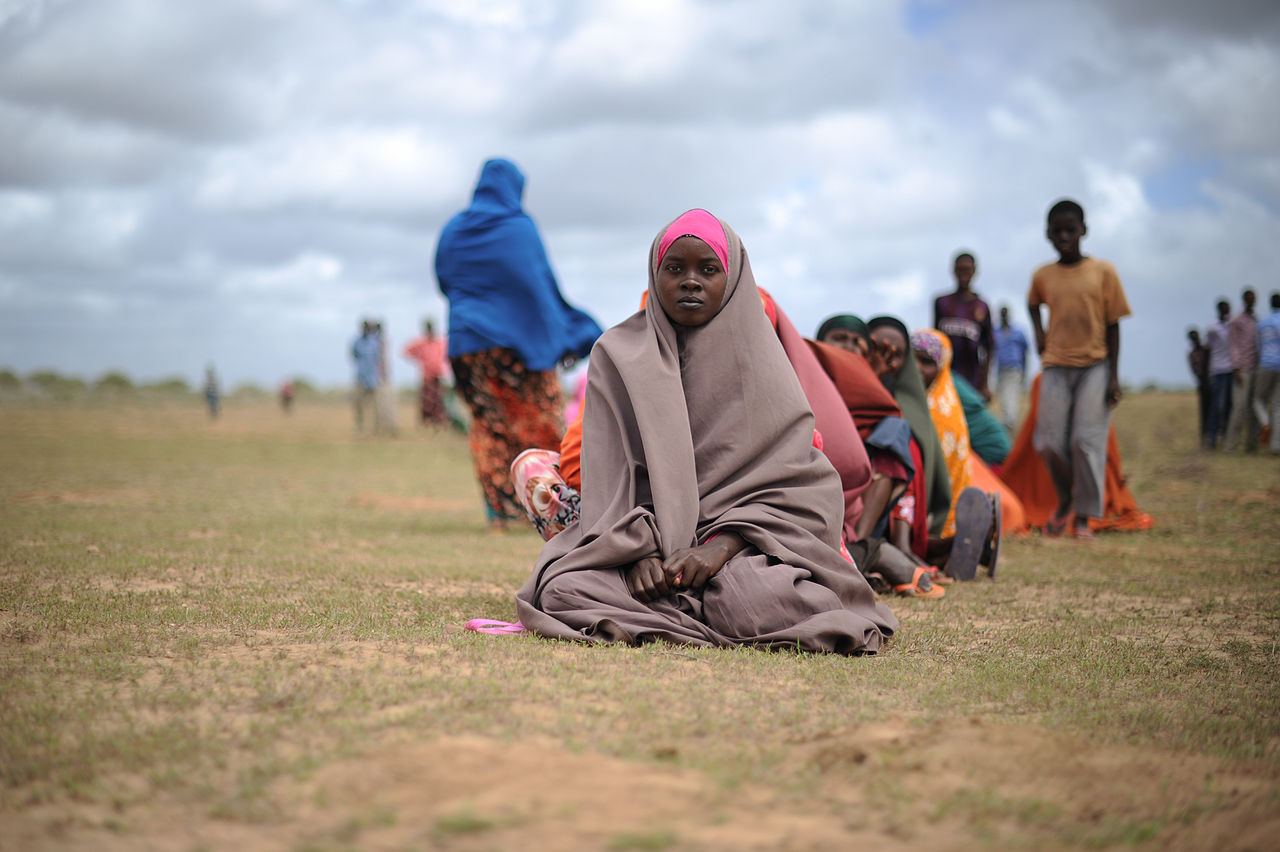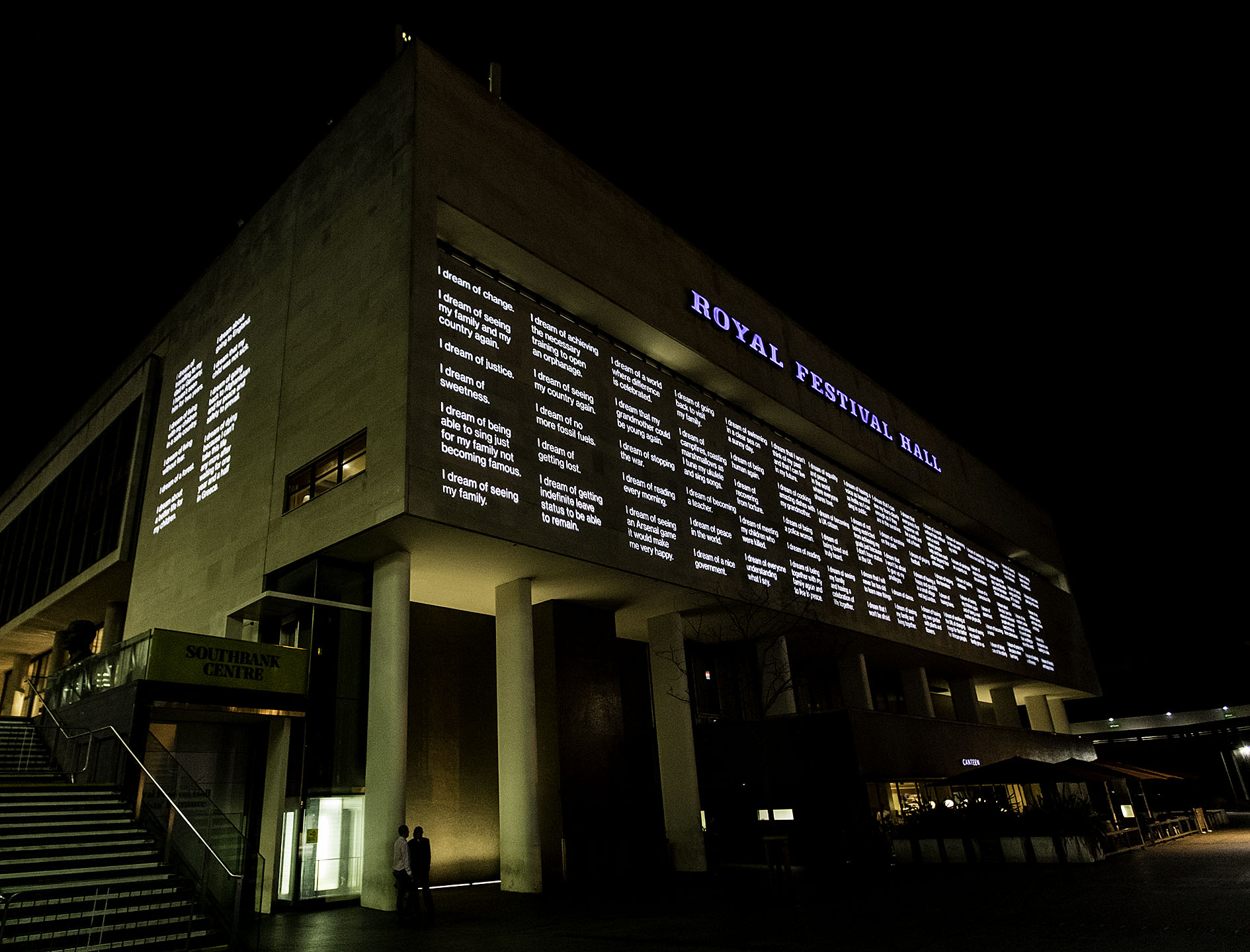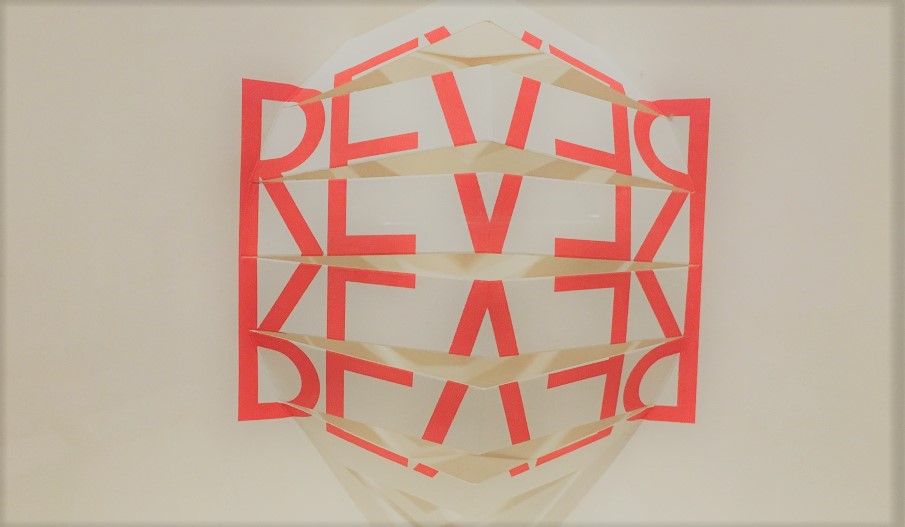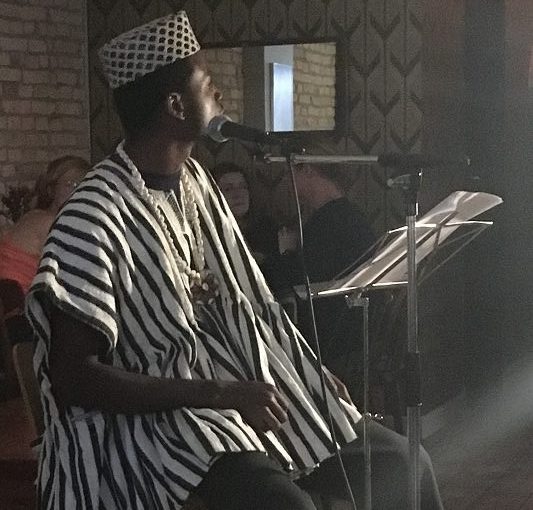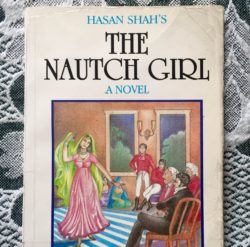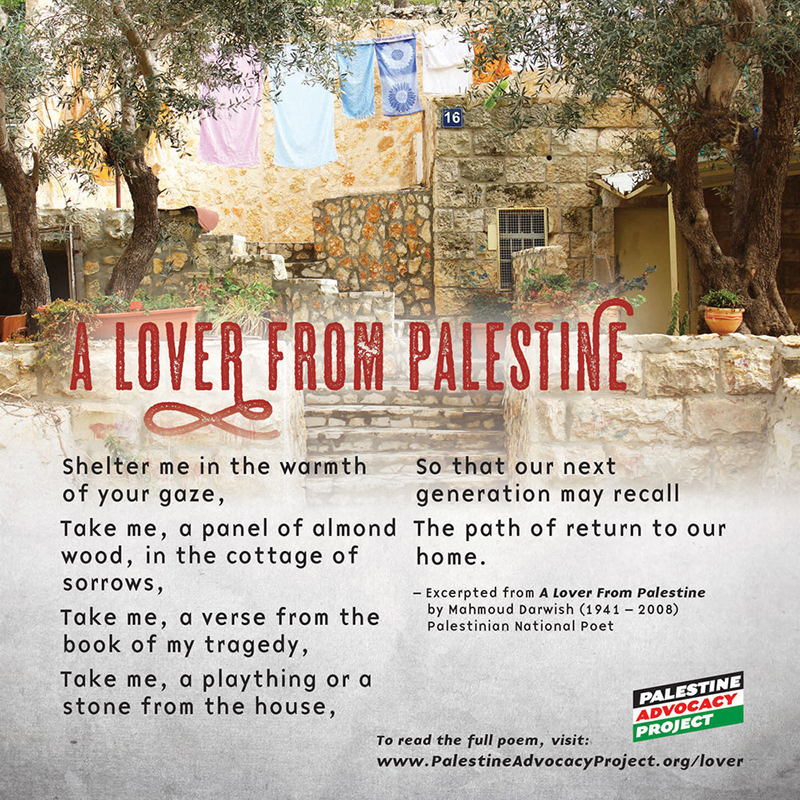Poetry
Poetry is often cited as the most ‘primary’ and original of literary practices as well as the one that suffers most through translation. As such our ways of thinking about poetry in debates on World Literature are laced with both unique advantages and challenges compared to other prose genres.
In our discussions of poetry we try to focus on dynamic relationship between the oral and textual histories of poetry as well the ways that new digital platforms can restage the public performance of poetry in more private, screen-time settings. Through this tag, our readers may browse through the various ways that our contributors and collaborators have thought about the position of poetry in World Literature. In particular, our poetry section also features one of our more important contributions to the field of World Literature, a collection of original translations of Urdu poetry by poets writing from 1935 – 1970 by Carlo Cappola.
Sowing the seeds of subalternity in Somali Literature
Photograph of Afgoye, Somalia from 2013 (source: Wiki
Concrete Poetry: Morten Søndergaard’s Wall of Dreams
In the second of our series on concrete poetry, MULOSIGE's Jack Clift speaks to poet and artist Morten Søndergaard about his latest work, Wall of Dreams
Concrete Poetry: The Art of Words and Meaning
In the first installment of a MULOSIGE series on concrete poetry, July Blalack explores how the aesthetics of texts can break down linguistic boundaries
Multilingual Poetry: Kwame Write in Paris, Accra, Copenhagen
Poetry doesn't need to be completely understood to be experienced, making it an ideal medium for multilingual expression. Here multimodal artist Kwame Write talks to MULOSIGE about the language of water and about multilingualism in his life and work.
Qurratulain Hyder’s The Nautch Girl: A doubly multilingual text
What happens when a text from 17th century India passes through a double translation over the next two centuries? Qurratulain Hyder's translation of Hasan Shah's The Nautch Girl reveals some of the changes that occur when texts move across time and space.
International Solidarity in World Literature
In this podcast Dr Anna Bernard (King's College London) examines internationalist world literature by returning to a previous moment in world literary history: a selection of English-language poetry anthologies that were circulated within the anti-apartheid and Palestine solidarity movements in Britain in the 1970s and early 1980s.


